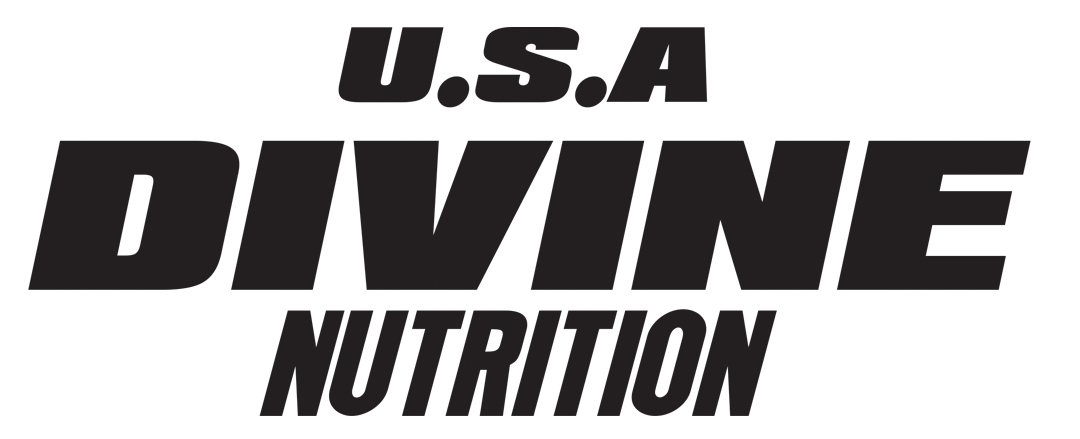Incorporating isolate protein into your fitness routine can be beneficial for muscle growth, recovery, and overall performance. Here are some tips to help you optimise the use of isolate protein:
Start by calculating your protein requirements based on your goals, body weight, and activity level. The general recommendation for active individuals is to consume around 0.7 to 2 gram of protein per pound of body weight per day. Adjust this based on your specific needs and consult with a nutritionist if necessary. Look for a reputable brand that offers high-quality isolate protein powder. Whey protein isolate is a popular option as it contains a high percentage of pure protein with minimal carbohydrates and fats. However, there are also isolate options available for plant-based protein sources such as soy, pea, or rice.
Consider timing your protein intake strategically. Consuming protein within an hour after your workout can be beneficial for muscle recovery and growth. This window of time, known as the "anabolic window," is when your muscles are most receptive to nutrients. However, remember that overall daily protein intake is more important than specific timing.
Adding Icon Isolate Protein to your daily Exercise Routine
One of the easiest ways to incorporate isolate protein into your routine is by preparing protein shakes or smoothies. Blend the protein powder with water, milk, or a dairy-free alternative, and add fruits, vegetables, or other ingredients to create a nutritious and convenient post-workout snack. You can also use isolate protein as a meal replacement option when you're on the go or need a quick source of nutrition. Mix the protein powder with water or milk and pair it with some healthy fats, carbohydrates, and fiber to create a balanced meal. Adjust your protein intake based on your specific needs, preferences, and dietary restrictions. Experiment with different serving sizes and timing to see what works best for you. Keep in mind that protein is just one aspect of a well-rounded fitness routine, so ensure you're also consuming a variety of nutrient-dense foods.
Consuming a small serving of protein before your workout can help provide a sustained release of amino acids during exercise, which can aid in preventing muscle breakdown. This can be particularly helpful if you're exercising in a fasted state or have a long training session ahead.
After your workout, have a serving of isolate protein to replenish your muscles and promote recovery. Whey protein isolate is quickly absorbed and can provide a rapid supply of amino acids to your muscles. If you prefer plant-based options, look for alternatives like pea protein isolate or a blend of different plant-based protein sources.
Dedicate time at the end of your workout for stretching exercises or activities like yoga or Pilates. This can help improve flexibility, mobility, and prevent muscle tightness. Allow your body enough time to rest and recover between workout sessions. This may involve having rest days or engaging in active recovery activities like walking or light stretching. While isolate protein is beneficial, remember to maintain a balanced diet with a variety of nutrient-dense foods. Include carbohydrates, healthy fats, and plenty of fruits and vegetables to support overall health and fitness. Stay hydrated throughout your fitness routine. Drink water before, during, and after your workouts to replace lost fluids.
Conclusion
Icon Isolate is used for building lean Muscle Mass, Strength loss fat and is also suitable for people with Lactose intolerance. It comes with added benefits of Fat Loss Ingredients & Vital Nutrients important for growth and fat loss. If you feel too full from your protein shakes that you can’t eat your regular meal, chances are high that you’re taking too many calories, and you should try a smaller shake. Try consulting your gym trainer or your physician for understanding your requirements and body functions. Remember, while protein is important, it's crucial to maintain a balanced diet and engage in regular exercise to achieve optimal fitness results. Consulting with a registered dietitian or nutritionist can provide personalized guidance based on your specific goals and requirements.
















